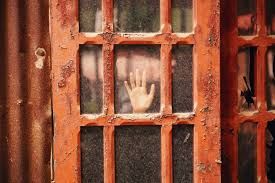Obsessive-A Compulsive Disorder
Apr 18, 2019 • 31 views
A person with Obsessive-Compulsive Disorder (OCD) Is often absorbed with details, lists, order, organization, rules or schedules to such an extent that the purpose of the activity is lost and they can be perfectionist to a degree that interferes with completing the task.The obsessions and compulsions are usually so strong that they cause significant distress in your life.

Understanding Obsessive-Compulsive Behavior
The person often tries to ignore or suppress these ideas or to neutralize them by thoughts or behavior.The resultant thought and behavior patterns are often cyclical and can be very disruptive.Common obsessions include fear of contamination or fear of harming someone.Worrying about whether the stove has been turned off the stove and making repeated trips back to check, excessive hand washing, excessive cleaning, repeatedly double-checking things, and hoarding behavior are all examples of common Obsessive-Compulsive Disorder behaviors.

The compulsions associated with Obsessive-Compulsive Disorder (OCD) result from the person’s feeling the need to repeat physical behaviors, like those mentioned above such as repeated ritualistic hand washing and hoarding behaviors. Accompanying these compulsions may be repeated mental behaviors such as counting things or silently repeating words over and over again. These behaviors occur as a response to an obsession and often are done in accordance with strictly applied rules.The aim of these behaviors is to reduce or eliminate distress or to prevent something that is dreaded.
